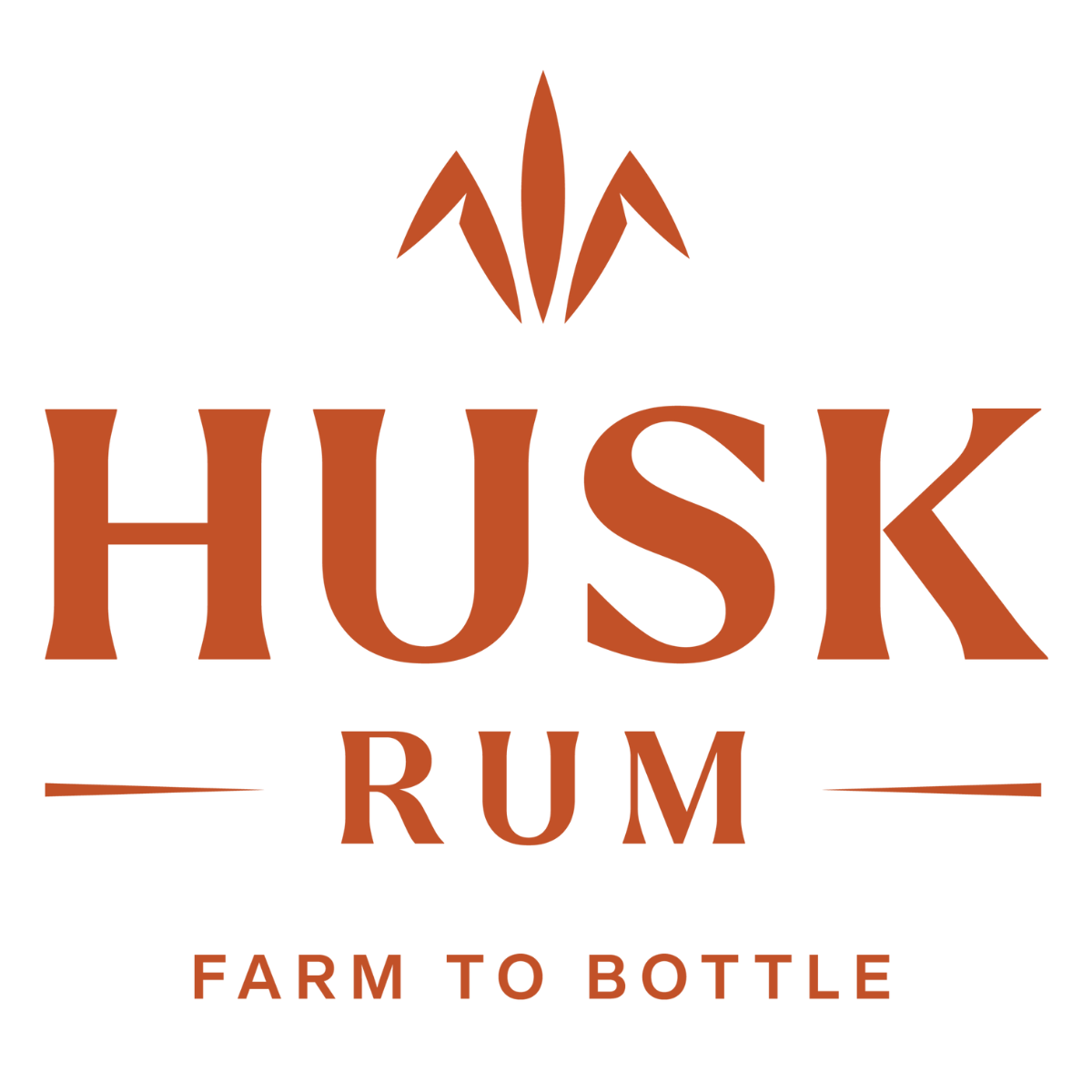NEWS: New Sugar mill commissioned at Husk
Husk Distillers have commissioned Tumbulgum’s first sugar mill in 123 years and the 2018 rum harvest is now underway at Australia’s only plantation rum distillery.
The mini sugar mill is the last major part of Husk Distillers’ $5 million farm distillery upgrade at Tumbulgum, which has taken two years to build, completing the link between agriculture and distilled spirits.
Currently 3 hectares of sugar cane is under cultivation on the family farm, yielding approximately 300 tonnes of cane for 2018, before finding its way into 100 barrels of Husk Australian Agricole Rum. 100% of Husk Distillers’ rum is produced from cane grown on the farm, confirming Husk as Australia’s only paddock-to-bottle farm distillery.
“The mill is the first to be commissioned in Tumbulgum since the Abbotsford Mill closed in 1895 and we are proud to be part of the rich and colourful history of the Tweed Valley” says Founder & Distiller Paul Messenger.
Husk Distillers have harvested their own sugar cane to make their unique expression Agricole rum since 2012, but until this year most of the cane was cut and crushed by hand or with a 1950s vintage set cutter.
The new mill now joins the rest of the production chain, alongside two 12,000L fermenters and the recently commissioned Scottish Forsyth still, the Fat Bastard, making this year’s crush their biggest yet and paving the way for future expansion in distribution and sales of Husk Australian agricole rum.
Husk Distillers are one of only a small handful of distilleries in the world who make rum using sugar cane they grow themselves.
It’s truly a ‘paddock to bottle’ operation, and the distillers control every aspect of the process, from the varieties of cane used, the yeast strain and length of fermentation to the distillation cuts and choice of barrels.
‘The great thing about Agricole Rum is that the provenance of the region is reflected in the end product and it becomes unique to that part of the world,’ says Paul.
‘The micro-climate, geology, soil and water of the Tweed Valley define the region’s terroir, and select local cane varieties and the changing seasons determine the character of each harvest.
‘We’re capturing our region in every bottle.’
